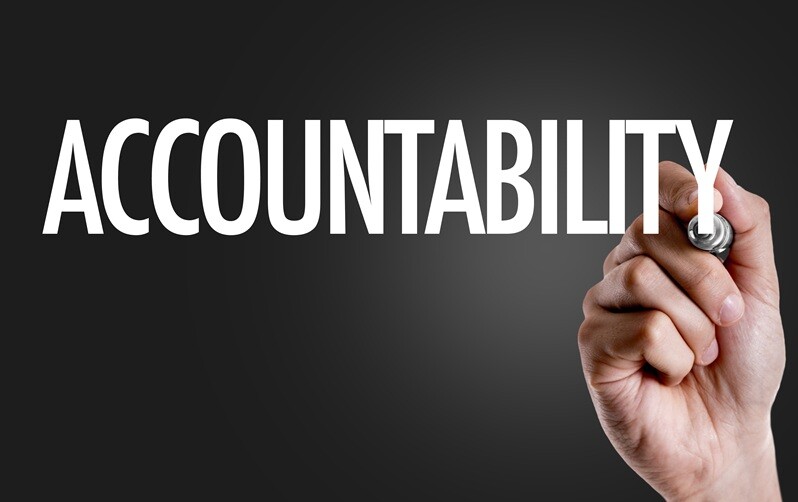There is a common misconception that early-stage startups and low-growth companies don’t really need executive financial leadership… not yet anyways. This misconception holds that hiring a Controller or CFO is something that comes later, after enough growth has occurred or growth is happening more quickly than before.
And while it’s true that it often doesn’t make sense financially for a small company to hire a full-time in-house CFO right away, the need for experienced financial leadership isn’t something that a company just graduates into once they hit a certain revenue benchmark. Strong financial oversight and leadership is something that every business needs, and many business owners simply can’t provide alongside their other duties. This is especially true when the business has more complicated financial needs like a complex capital structure, multiple revenue streams, deferred revenue, international operations, and/or seasonality, to consider.
Faced with both of these realities – that they can’t necessarily afford a Controller or CFO, and that financial oversight and leadership is important – they instead opt to hire a bookkeeper or accountant to manage their finances, hoping that will be enough for now as a stopgap until they can afford more later. However, a bookkeeper or accountant role may not be enough to do what they need done if they have more complex financial needs. And, if the business owner doesn’t have a financial background, they may not even realize there is a mismatch there to understand what they’re missing out on.










